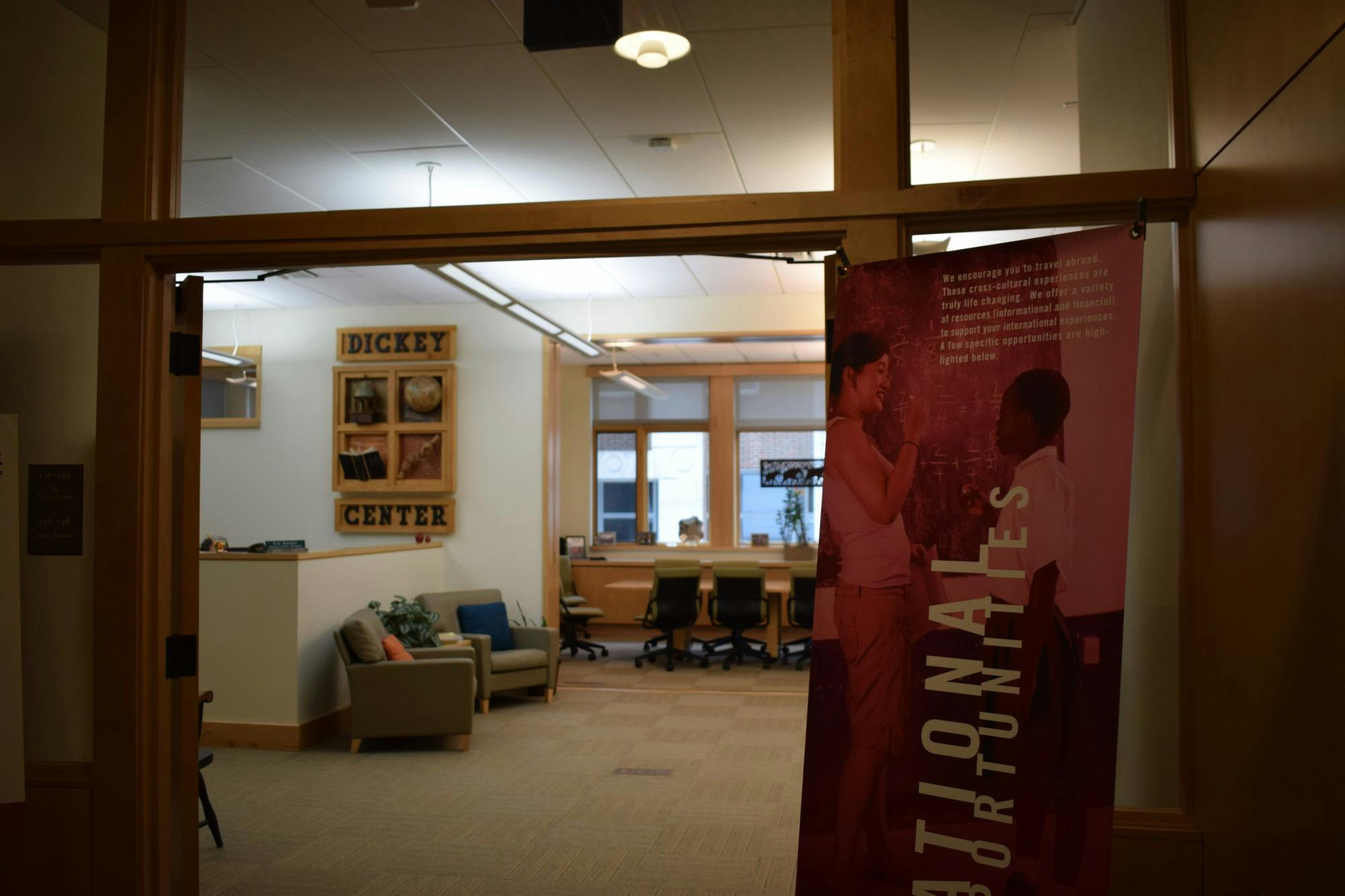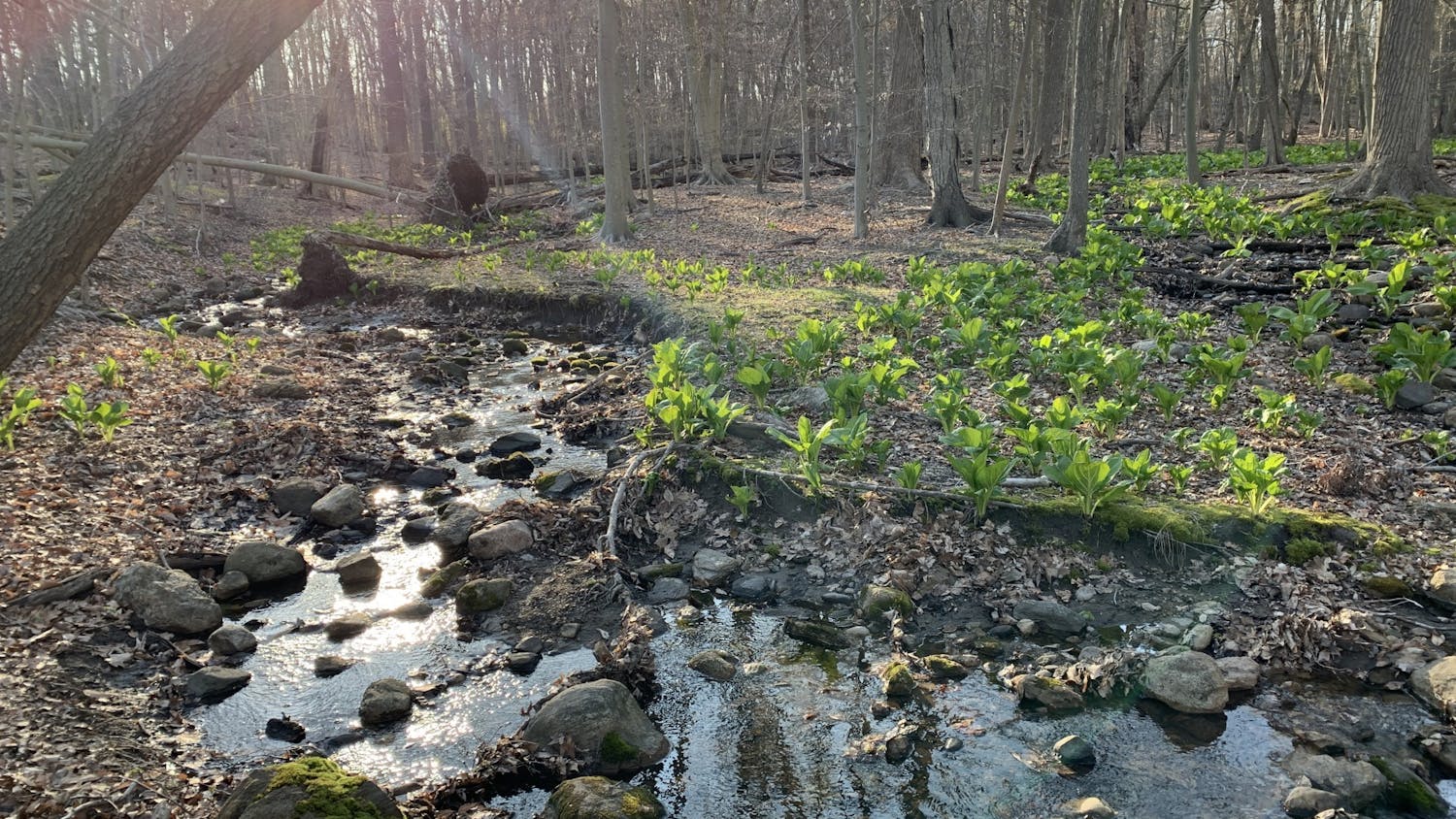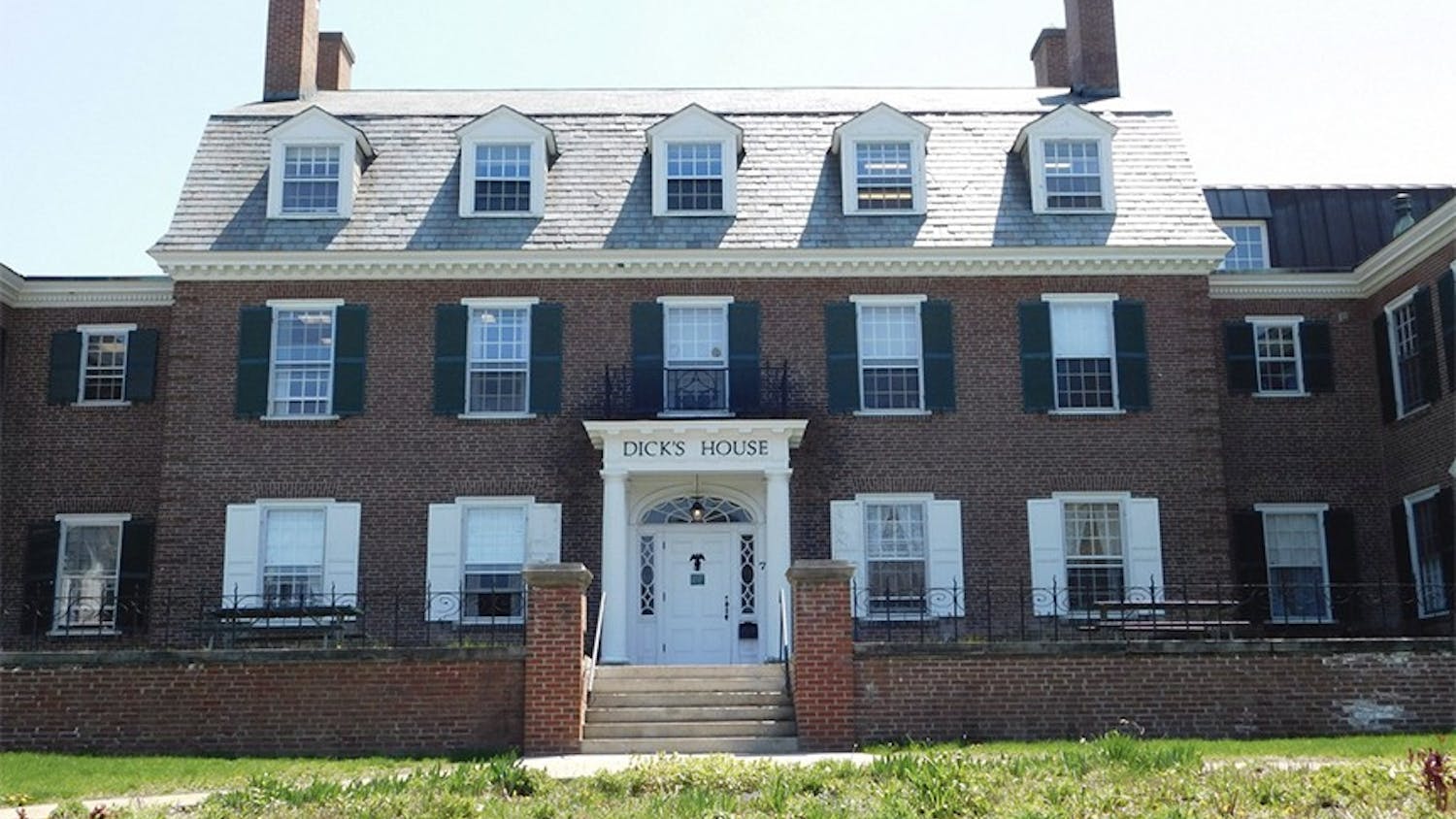Dartmouth undergraduates, staff and researchers have created clubs and health initiatives to provide answers and relief during the COVID-19 pandemic.
Anne Sosin, director of the Dickey Center for International Understanding’s Global Health Initiative program, said that there have been Dartmouth-led research efforts related to COVID-19, both locally and globally.
“Once the pandemic started, it became clear to us that it would affect rural communities in our region in really specific ways,” Sosin said. “Our rural health system is already quite fragile, and our populations are older, so they are more vulnerable to more severe forms of the disease.”
Anthropology professor Elizabeth Carpenter-Song, who is working with the Center for Health Equity at the Geisel School of Medicine, said that the center had been working prior to the COVID-19 crisis to build capacity for addressing domestic health issues. She said the center had been “laying the groundwork” for discussions about rural health equity with partners at Dartmouth-Hitchcock Medical Center and throughout the Upper Valley.
The focus of the center’s work shifted when COVID-19 struck, and the group is now using its resources to help rural areas of the Upper Valley adapt to the crisis.
“When COVID-19 hit, we really came together and thought, ‘How can we mobilize some of this existing infrastructure, the partnerships we have been building, in order to have an impact in the context of the crisis?’” Carpenter-Song said. “Over the past two weeks, we have been pushing hard to think about how we can leverage our skill sets as health researchers in order to have an impact in the context of the pandemic.”
Carpenter-Song said that the center is also invested in gathering information locally, providing information to rural patients and addressing their needs.
“We are involved in a series of interviews with key informants to try and understand what is happening on the ground in relation to COVID-19,” Carpenter-Song said.
A new student group known as the Dartmouth COVID Corps, is also working to inform the Dartmouth community, according to group member Brandon Hill ’23. The group sent a survey to all undergraduates on March 24 in an attempt to gather information to understand why and to what extent Dartmouth students are changing their behavior in response to the COVID-19 pandemic.
Hill said the group’s survey results suggested that Dartmouth students are most motivated to socially distance because of their desire to prevent themselves and others — including family, community members and friends — from falling ill, as well as their desire to “flatten the curve” of coronavirus infections. He added that the group has shared these results with the College’s COVID-19 task force and hopes to continue offering information going forward.
College spokesperson Diana Lawrence said that the COVID Corps data has been helpful in informing the task force.
“The COVID-19 Task Force health working group is reviewing their data, and the Student Wellness Center looks forward to partnering with them, Student Assembly representatives, and other students who want to have a positive health impact,” Lawrence wrote.
The COVID Corps has also started Instagram and Facebook pages and will publish a weekly newsletter called “Dartmouth From Home,” according to Nina Kosowsky ’21, a member of the group.
“Our goal is to preserve the spirit and connection of the Dartmouth community while also continuing to keep people informed,” Kosowsky said. “Our version of ‘informing’ is less about spreading the scary and depressing news that comes out every day, but rather sharing ways that people can take care of themselves and serve others.”
On the matter of global health, professors, undergraduates and medical school students with experience working at the Dickey Center have also assembled a team to answer virus-related questions from the Center’s global health partners, according to Hannah Lang ’21, a member of the team.
Sosin said that the global health partners include governments' ministries of health, non-governmental organizations and academic medical institutions.
“We are helping people with how to best manage COVID-19 in their setting, given resource constraints,” Lang said. “Many people are trying to figure out what’s going on — they are reaching out to Dartmouth with questions about the current, most up-to-date recommendations.”
Sosin said that her team has worked to compile the current research on COVID-19 and refine it into digestible summaries.
“Our team started pulling together all of the existing literature and guidance into really concise documents,” Sosin said.
The team tries to respond to queries within 24 hours, which, according to Lang, include questions about personal protective equipment, how to best assist vulnerable patients during the pandemic and maternal healthcare practices for the crisis.
“Basically, we take a question, see what research is out there and present the information in the clearest way possible for people who just don't have time to go through 100 pages of research papers,” Lang said.





